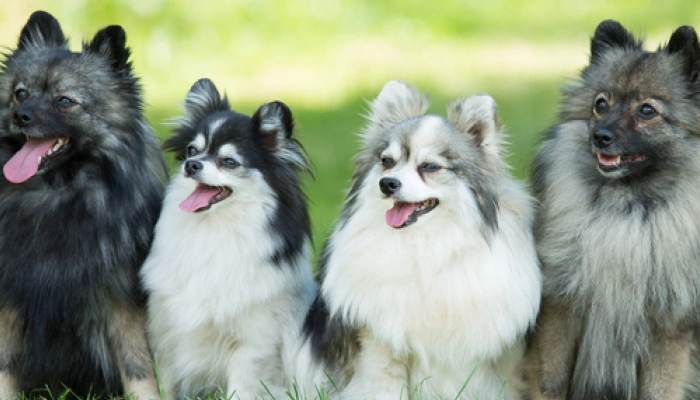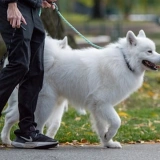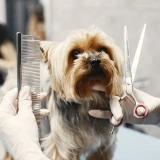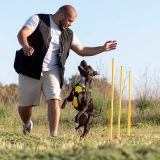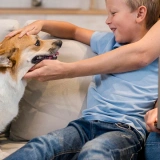German Spitzes are intelligent and eager to learn but can also be strong-willed. Their independence requires patient, positive training and early socialization to ensure they grow into polite, confident adults.
They are naturally vocal and may bark at unfamiliar sounds or movements, making them good watchdogs—but this tendency should be managed early to avoid nuisance barking. With proper training and attention, they become joyful companions that enjoy spending time with their family, often forming a close bond with one person.
Their dense coat is more manageable than it looks but does require regular brushing to stay healthy and mat-free, especially during seasonal shedding.

